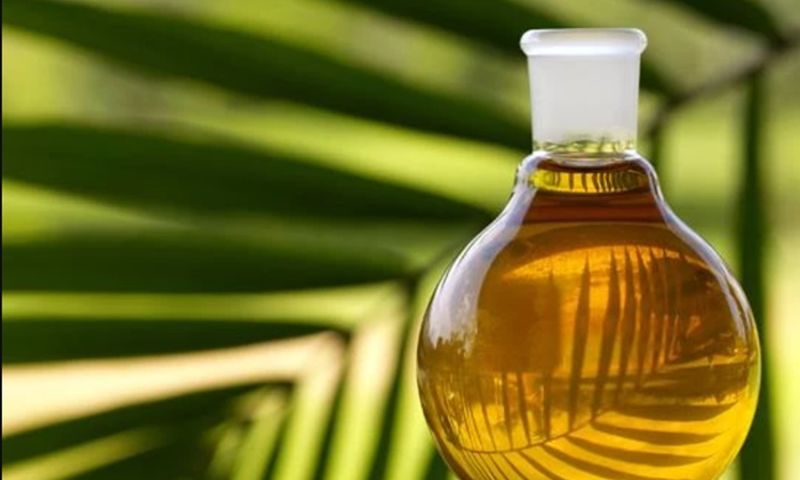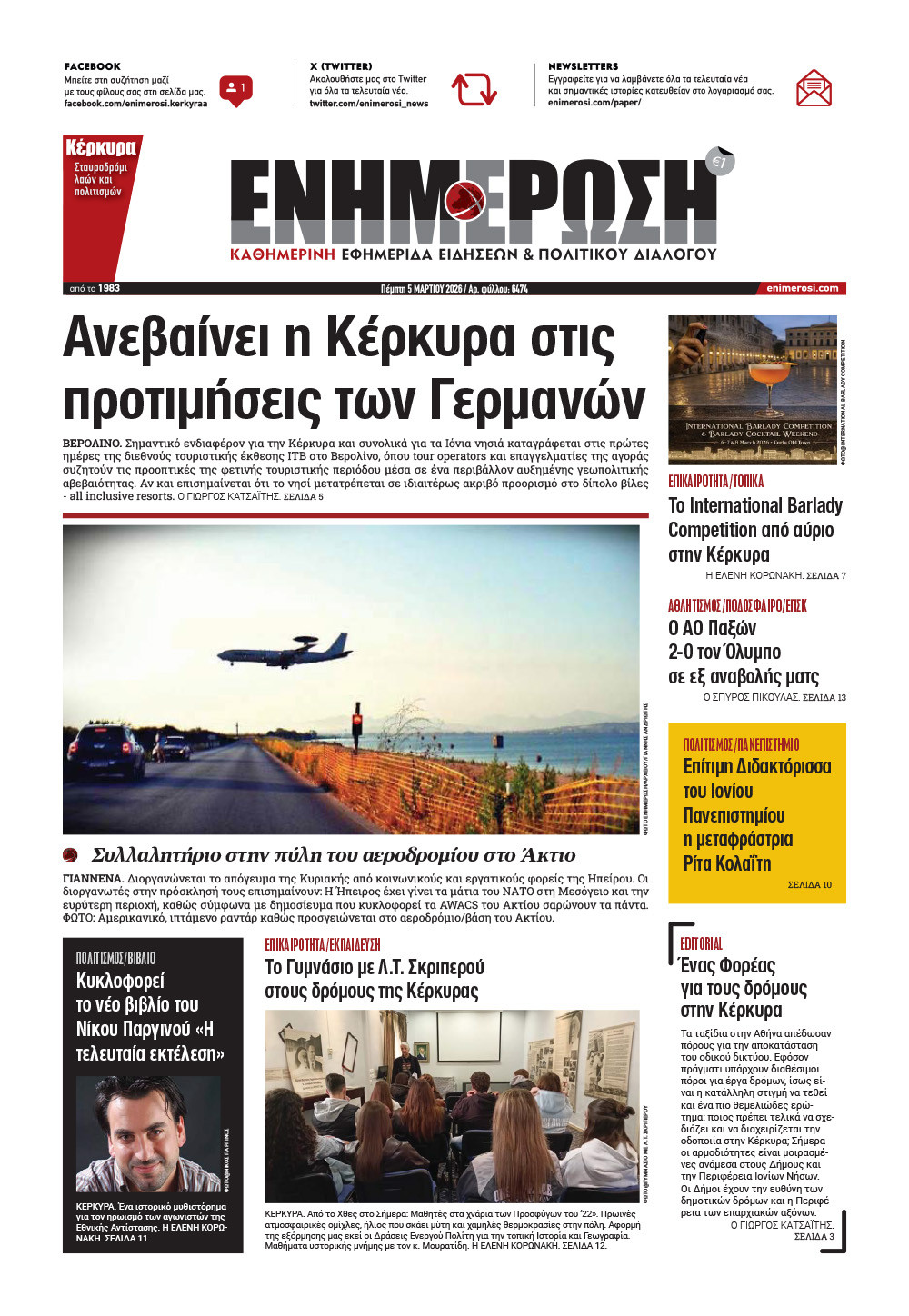Central Corfu Municipality creates network of separate collection of cooking oil

cooking oil
06 Jun 2023
/ 19:19
CORFU. The new network will be created through the installation of a network of special separate collection bins.
The Central Corfu Municipality, on the occasion of the World Environment Day on 5 June, announced that a municipal network for the separate collection of cooking oil will be created for the first time, which was proposed and approved at the Municipal Council's meeting on 30 May.
As a continuation of the efforts for a smooth and steady development of separation at source that will lead to the sustainable management of our waste, the new network will be created through the installation of a network of special separate collection bins for the separate transport and alternative management of used edible fats and oils (cooking oils) in the Central Corfu Municipality.
The term "cooking oils" refers to used cooking and edible oils and fats which have been used for eating or preparing food in homes, hotels and catering establishments.
After their first use, these oils are no longer suitable for further consumption or to re-enter the food chain in any way. Their uncontrolled discharge into the sewerage network causes serious environmental and practical problems because they are not fully biodegradable. More specifically:
- Dumping even one litre of cooking oil into the sea can cause serious pollution with highly significant negative consequences for all animals and plants living in it.
- Dumping cooking oil into the soil reduces its production capacity, as it prevents plant roots from reaching the water, while at the same time polluting the underground water table.
- Dumping them into the sewerage network can block the sewerage network and the biological treatment plants, due to the formation of a hard layer from their accumulation, as well as additional electricity consumption in the town's biological treatment plant.
- The recycling of cooking oil is an excellent option for the production of alternative energy sources such as biodiesel and other industrial materials such as lubricants for agricultural machinery, glycerine, etc., thus helping to reduce the impact of climate change and the overall environmental footprint of their use.
As the Mayor Meropi Ydraiou said, "our municipal authority will continue its efforts until the target is reached, i.e. until we see Corfu exactly as it deserves to be - a green, sustainable and "smart" European tourist destination."
As a continuation of the efforts for a smooth and steady development of separation at source that will lead to the sustainable management of our waste, the new network will be created through the installation of a network of special separate collection bins for the separate transport and alternative management of used edible fats and oils (cooking oils) in the Central Corfu Municipality.
The term "cooking oils" refers to used cooking and edible oils and fats which have been used for eating or preparing food in homes, hotels and catering establishments.
After their first use, these oils are no longer suitable for further consumption or to re-enter the food chain in any way. Their uncontrolled discharge into the sewerage network causes serious environmental and practical problems because they are not fully biodegradable. More specifically:
- Dumping even one litre of cooking oil into the sea can cause serious pollution with highly significant negative consequences for all animals and plants living in it.
- Dumping cooking oil into the soil reduces its production capacity, as it prevents plant roots from reaching the water, while at the same time polluting the underground water table.
- Dumping them into the sewerage network can block the sewerage network and the biological treatment plants, due to the formation of a hard layer from their accumulation, as well as additional electricity consumption in the town's biological treatment plant.
- The recycling of cooking oil is an excellent option for the production of alternative energy sources such as biodiesel and other industrial materials such as lubricants for agricultural machinery, glycerine, etc., thus helping to reduce the impact of climate change and the overall environmental footprint of their use.
As the Mayor Meropi Ydraiou said, "our municipal authority will continue its efforts until the target is reached, i.e. until we see Corfu exactly as it deserves to be - a green, sustainable and "smart" European tourist destination."












